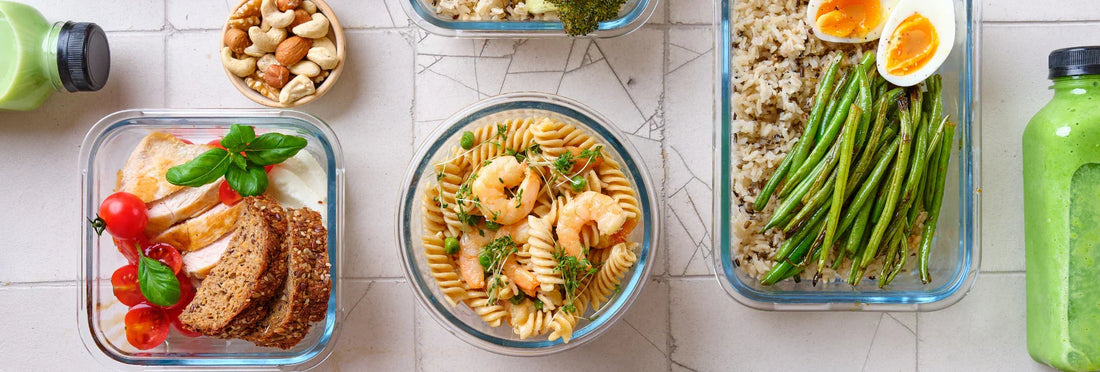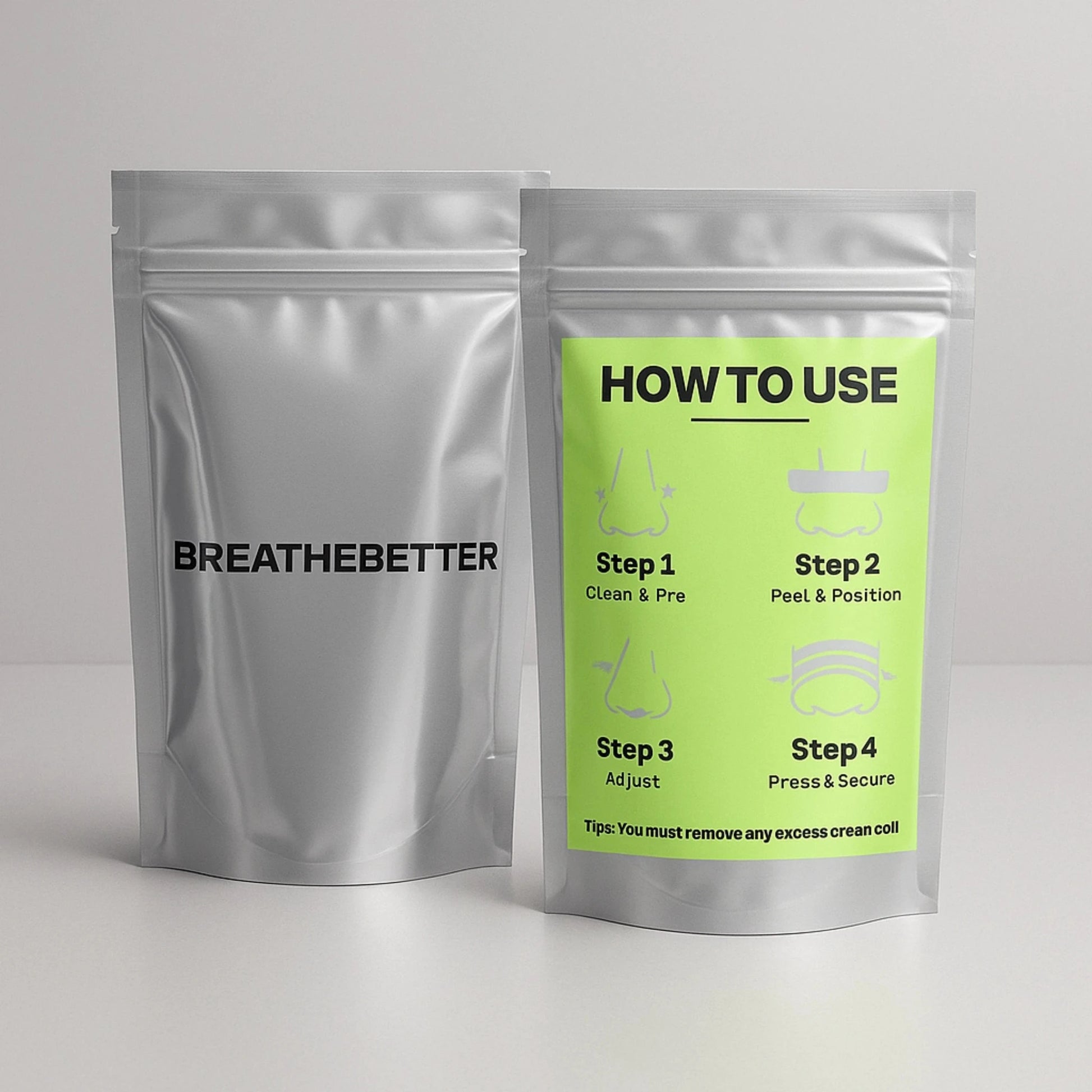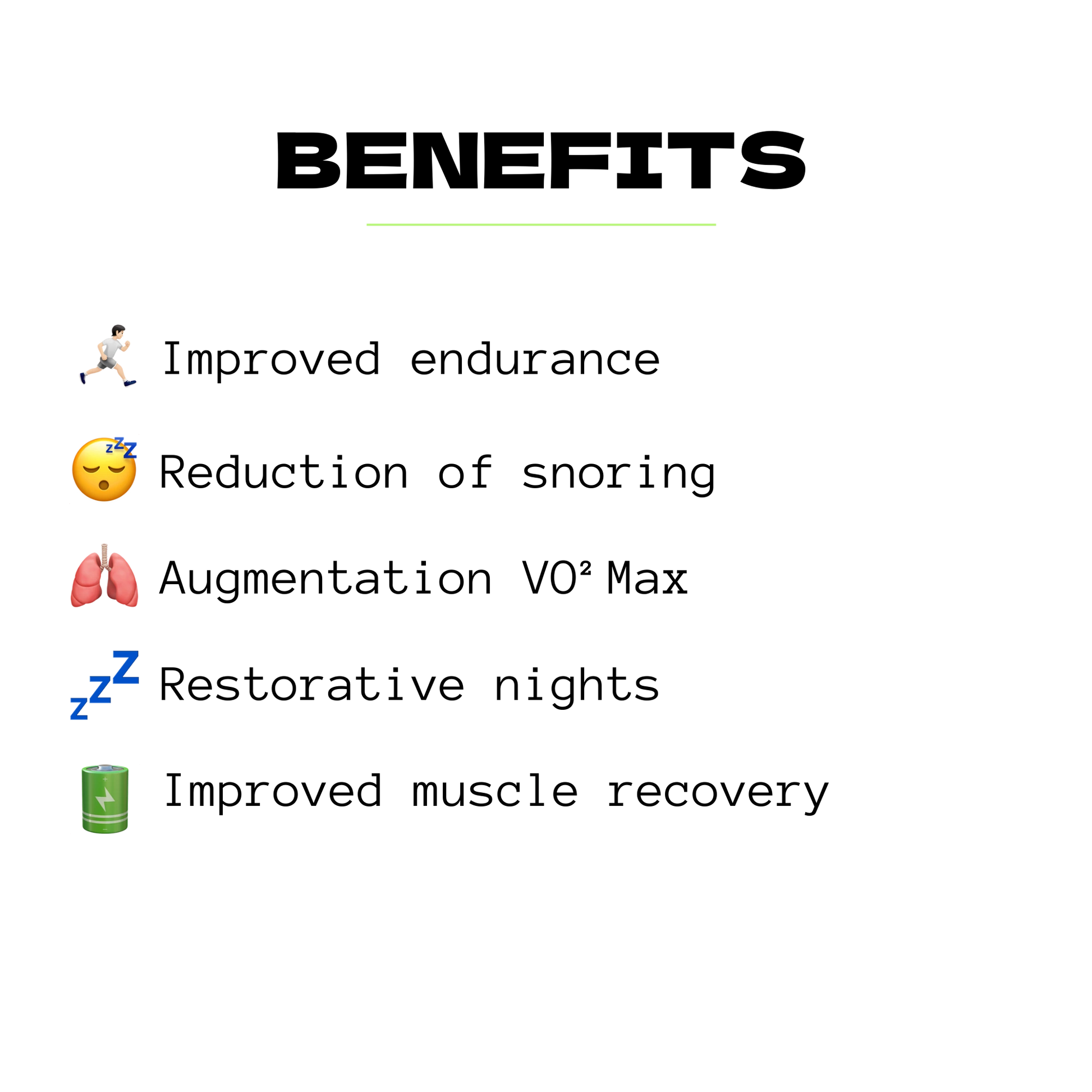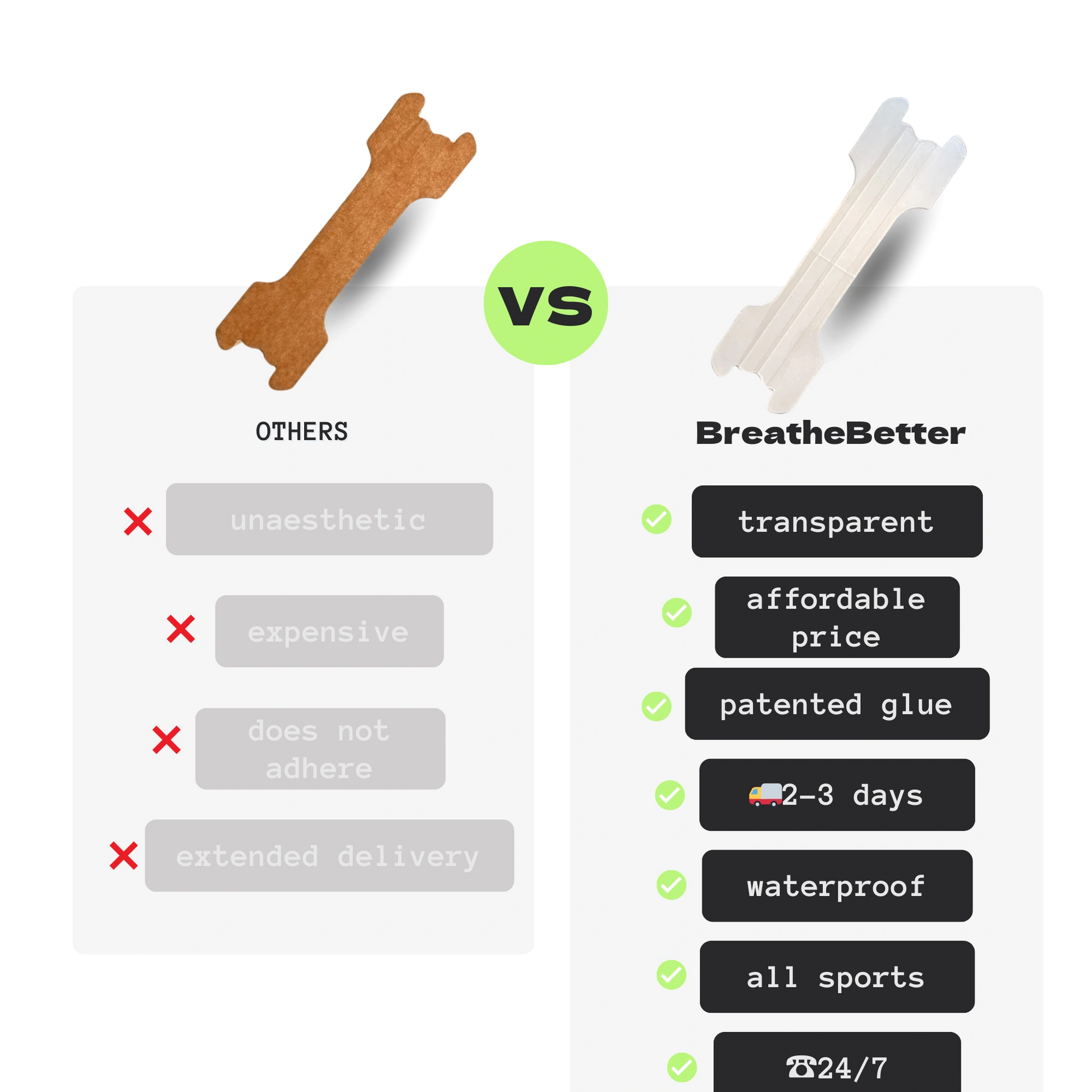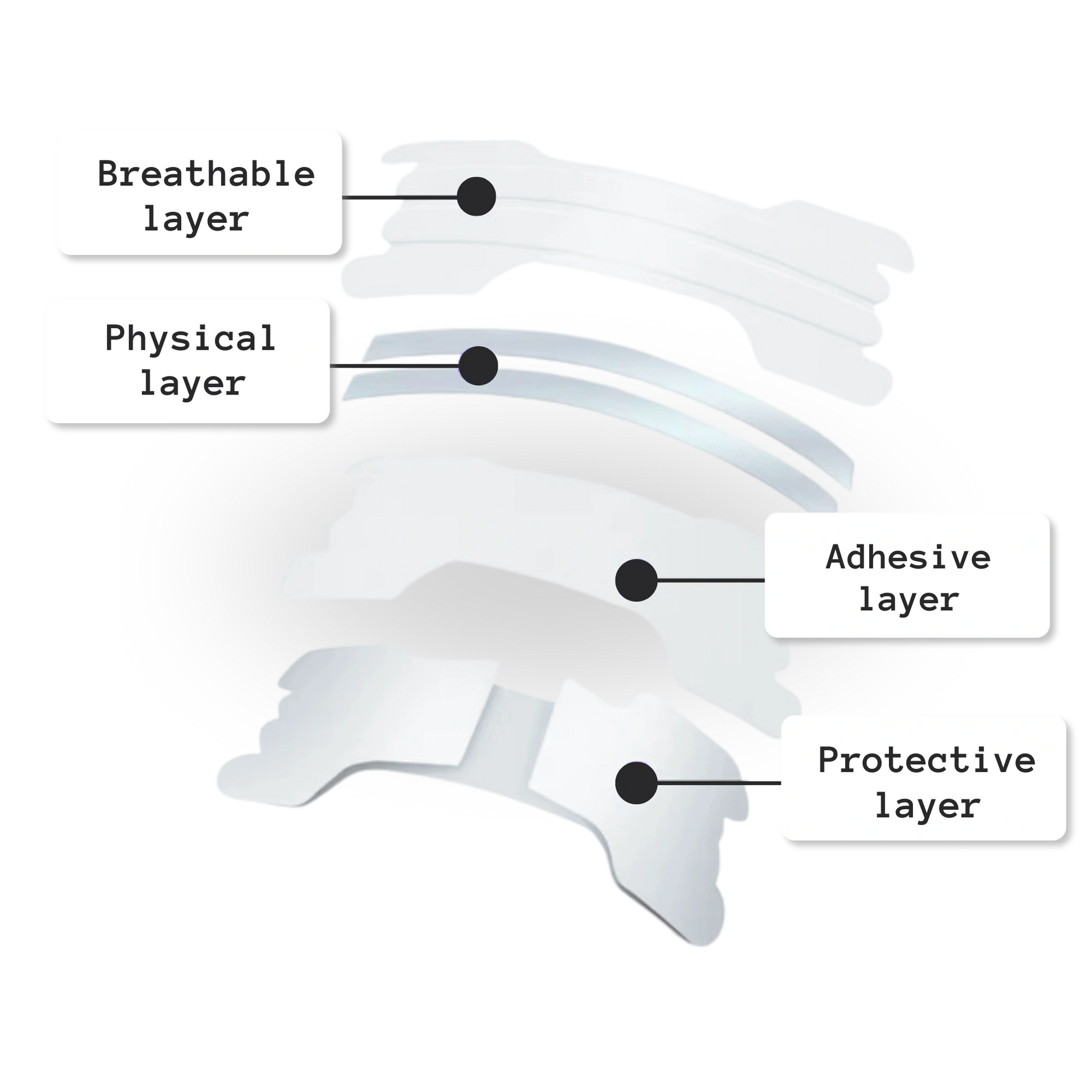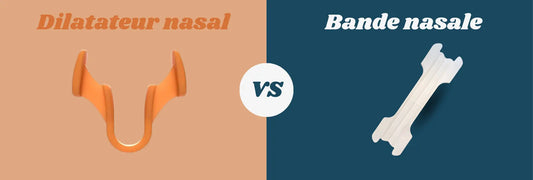Eating a balanced diet is more than just a food choice. It's a true strategy for health, energy, and well-being. In this article, we'll delve into the fundamental principles of a balanced diet, understand its impact on your energy, sleep, and breathing, and help you adopt simple habits every day.
Why adopt a balanced diet?
Your body is like a machine: it needs the right fuel to function properly. A balanced diet helps you:
- prevent vitamin and mineral deficiencies
- strengthen your immune system
- stabilize your energy level
- improve your sleep and recovery
- promote better digestion and good breathing
The main principles of a balanced diet
1. Distribute the intake between macronutrients
A balanced diet is based on the correct distribution of macronutrients:
| Macronutrient | Role | Main sources |
|---|---|---|
| Complex carbohydrates | Sustainable energy | Legumes, whole grains |
| Proteins | Tissue repair and construction | Lean meats, eggs, tofu |
| Lipids | Cellular functioning, hormones | Vegetable oils, oleaginous fruits |
2. Don't neglect micronutrients
Vitamins (A, B, C, D, E, K) and minerals (iron, magnesium, zinc, calcium, etc.) play a key role in managing your energy and mood. Remember to vary the colors on your plate: the more colorful it is, the richer it is!
The impact of diet on sleep
What you eat directly influences how you fall asleep and the quality of your sleep. Meals that are too rich, too sweet, or too fatty can disrupt your biological clock. Conversely, a diet rich in tryptophan (bananas, turkey, eggs) helps produce melatonin, the sleep hormone.
Tips for sleeping better through your diet
- avoid stimulants (coffee, tea, alcohol) after 4 p.m.
- eat a light dinner and at least 2 hours before bedtime
- promotes foods rich in magnesium (almonds, spinach)
Daily food and energy
Daytime fatigue spikes are often due to an unbalanced diet. Fast sugars provide a temporary boost... but cause a crash right afterward. For stable energy:
- eats at regular times
- favors fiber and foods with a low glycemic index
- hydrate yourself sufficiently (1.5 to 2 liters per day)
What is the link between diet, breathing and recovery?
A diet that's too acidic, nutrient-poor, or poorly digested can disrupt your breathing and impact your physical recovery. Chronic inflammation caused by a poor diet can also reduce lung capacity and delay muscle repair.
If you have trouble sleeping, it may be related to your diet. Read our article on Foods that promote sleep: what to eat to sleep better.
Breathing and digestion: a winning duo
Breathing deeply during meals improves digestion, reduces oxidative stress, and optimizes nutrient absorption. This is even more true if you exercise regularly.
To promote optimal breathing, especially during exercise or sleep, BreatheBetter nasal strips are a simple and effective solution to incorporate into your routine.
How to establish a balanced diet?
Start with small changes
- replaces ultra-processed products with raw foods
- cook at home as much as possible
- prepare your meals in advance to avoid binge eating
Plan your meals for the week
A simple chart can help you balance your week:
| Day | Lunch | Dinner |
|---|---|---|
| Monday | Brown rice, vegetables, eggs | Fish, quinoa, broccoli |
| Tuesday | Lentils, carrots, tofu | Chicken, sweet potato, green beans |
Towards a healthier routine
Adopting a balanced diet gives you the means to live better. More energy, quality sleep, smoother breathing, better physical recovery... it's all connected. Start with simple actions, listen to your body, and gradually integrate these principles into your daily life. You'll quickly see the difference.

